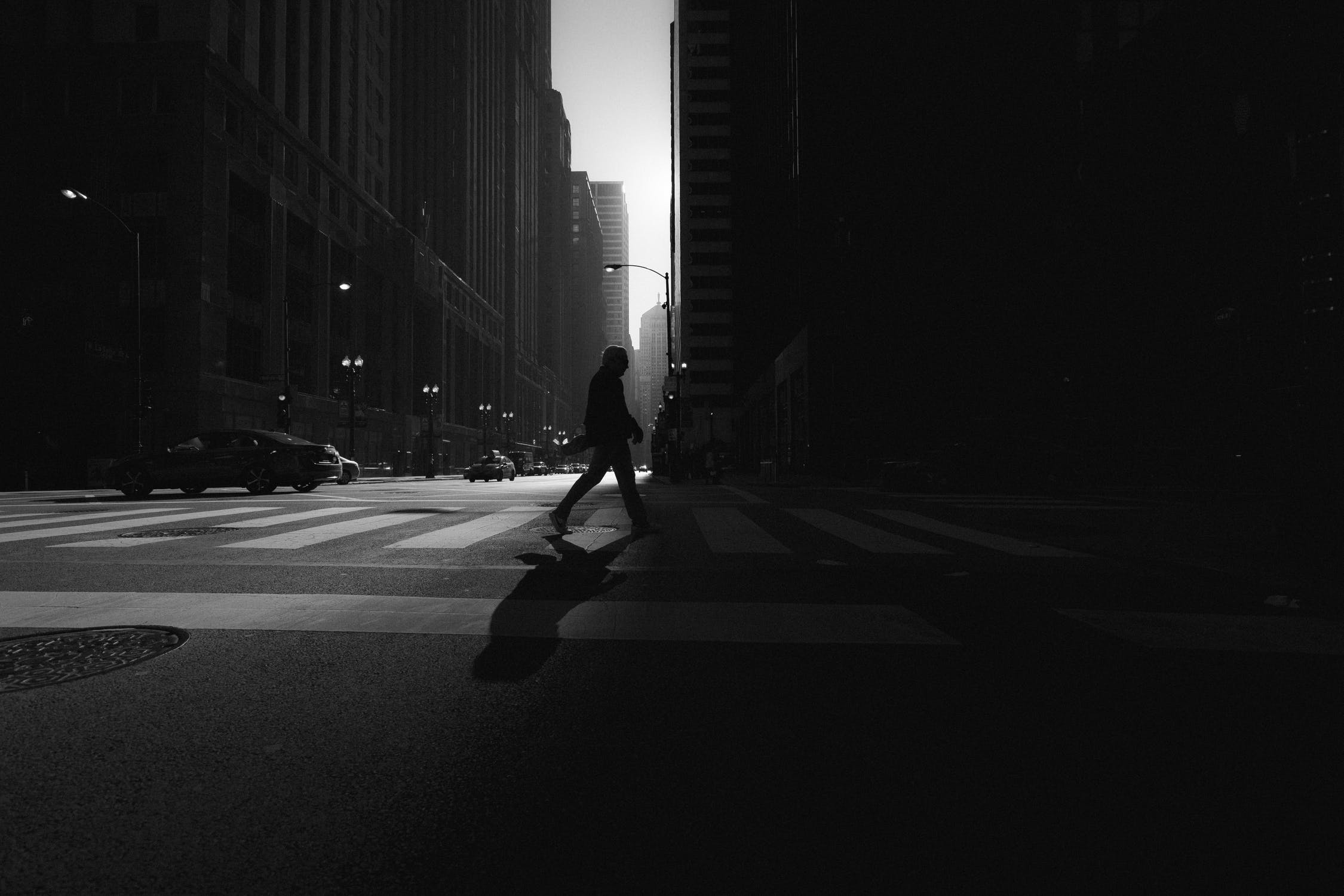Sacred Places
The PTSD of places

Old cathedrals were designed to inspire, uplift and terrify.
A pure display of show and force on behalf of the lord: architecture as shock and awe.
You know the kind. The type you enter through teeny-tiny doors cut out of huge ones, narrow apses that open into grandeur. The play of small, large and echoey that denotes the space as hallowed turf: God's waiting room.
The construction of these buildings were generational affairs, where guilds of artisans would labour, passing down half-completed shells of buildings for their descendants to finish. The construction of St Paul's in London - the remake - took half a century. Its architect Christopher Wren never lived to see it.
Of course, these were the glory days, before religion became available in takeaway form; a personal God co-located in your living room, a bedside tabletop deity, jugular god, faithOS. Buildings are still exercises in power, but now we build to a cost. The modern skyline is less focused on inspiring awe than freezing in place ejaculated money. We're godless people for whom land and space are simply real estate.
And so modern city streets are a blurred timelapse of people, all rushing somewhere. Until a pandemic put us in our place.
Some of us had months of lockdown, for others, years. The streets emptied, and a simple change of scene - a different neighbourhood, fresh air, anywhere other than the same fucking sofa - became a precious commodity.
...
Life is contextual: it's not just about what we experience but where.
Memories are geolocated; forged and formed in the places they were made. We have an intrinsic appreciation of the fact - how many proposals are planned in perfect spots, romantic hideaways, sunset beaches, etc? (My wife frequently reminds me that I'd picked the perfect ruined villa for the occasion but, a little shy of passers-by, offered her a ringbox at hip-level, like a drug dealer).
I have a friend who shivers whenever he passes the spot he had a car accident. And dark tourism flourishes in the places where bad shit went down - Auschwitz, Sarajevo, the killing fields of Cambodia, Chernobyl. When I was younger, I visited my father's university, years after he died - it felt like we made a fresh connection. I could almost see through his eyes.
These places build magic just by being there. And in the same way the great, globally-famous magnets of civilisation call to us - New York for the ambitious, LA for the beautiful, Tokyo for the understimulated, Singapore for the lavish - our personal co-ordinates create personal histories that are more than just footprints.
This was where we met.
I woke up in that doorway.
We got drunk here every Friday.
I tried to kiss a girl here - she stole my wallet.
But life moves fast, and it's easy to forget.
...
We're all participants in the heist of time and space.
Google Maps sends us the quick, fast route, when great pleasures come from wandering. (What was it Werner Herzog said... the world reveals itself to those who travel on foot). I used to luxuriate in getting lost, a shabby flaneur; I met someone who'd grown up in Paris inspired by the great ones, who told me she was doing her PhD in walking; I think I fell in love. And of course I'd rather get lost somewhere interesting, have an hour to kill and a mini-adventure - but I can't spare the time. I've lived in Melbourne three years and still feel like a stranger to its offset grid; I'm not worn into the pavements yet. In London, I knew my place; temporary bystander to centuries of weird little memories, only a handful of them mine.
Wherever you step, the space you're in is hallowed ground. To you, or to someone. If we're lucky, we get to imbue a little of our own mana in the place, mark something as our own, the way a dog would. Well - not the way a dog would...
But as we speed up, space is becoming abstracted. We're making claims on the metaverse now, thinking we'll forge new worlds while sitting on the couch. The best places have an ethereal bent to them; existing in reality, our minds, our dreams and memories. But we're now being sold a kind of unreality as the real thing, a soulless, smell-less dimension; synthehol compared to whisky. So it might be we've a narrow window between today and tomorrow. Real touch and haptic feedback. Real shade and rendered shadows.
The pandemic's over, for now. And we return back to our lives, back to the timelapse, we can go wherever, perhaps with a one-percent more profound sense of respect.
But it's easy to forget, and our precious places get a downgrade; now they're just addresses.
We put a pricetag on floorspace, and now we all want it, but don't really value it. I don't need a cathedral out my window. I don't need god in my lobby.
I'm just looking for my sacred places.
.
.
.
image: Cameron Casey
